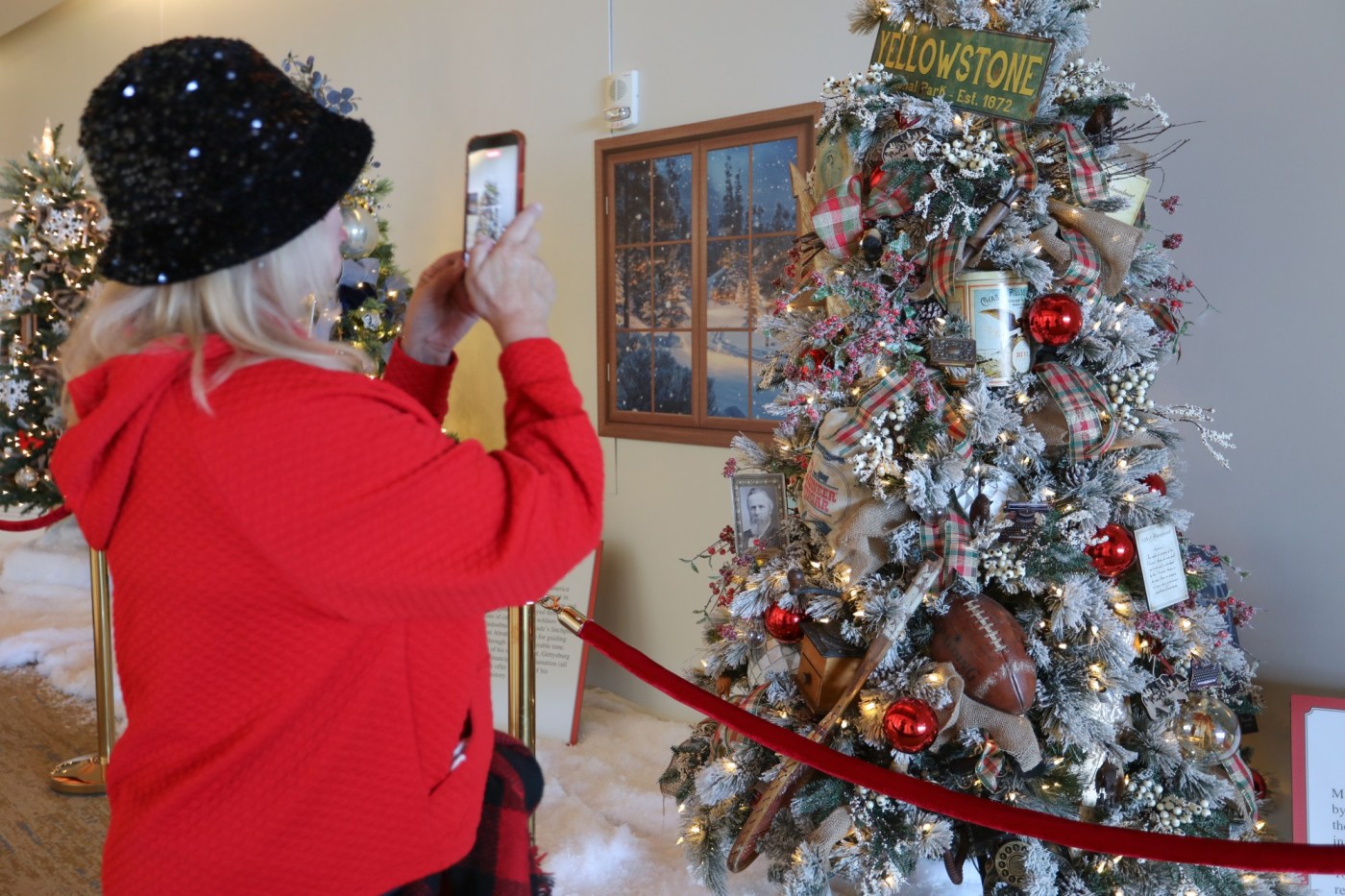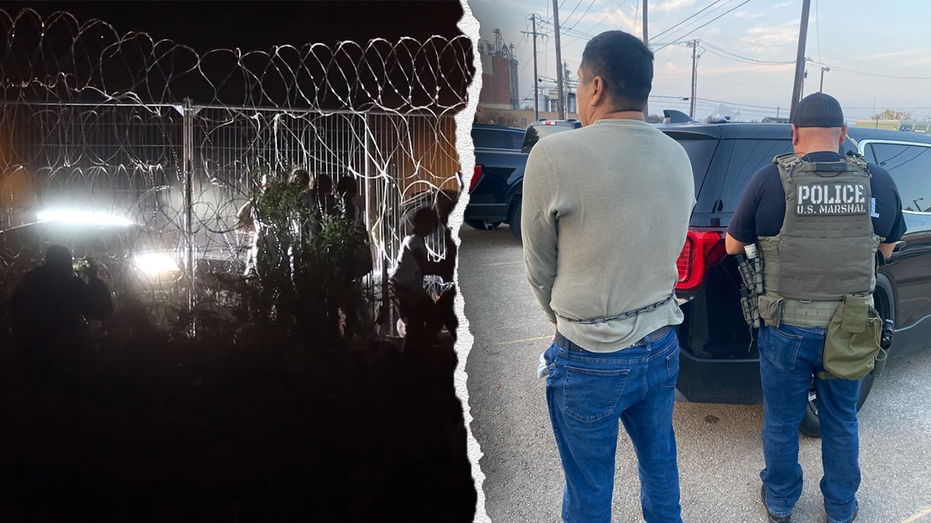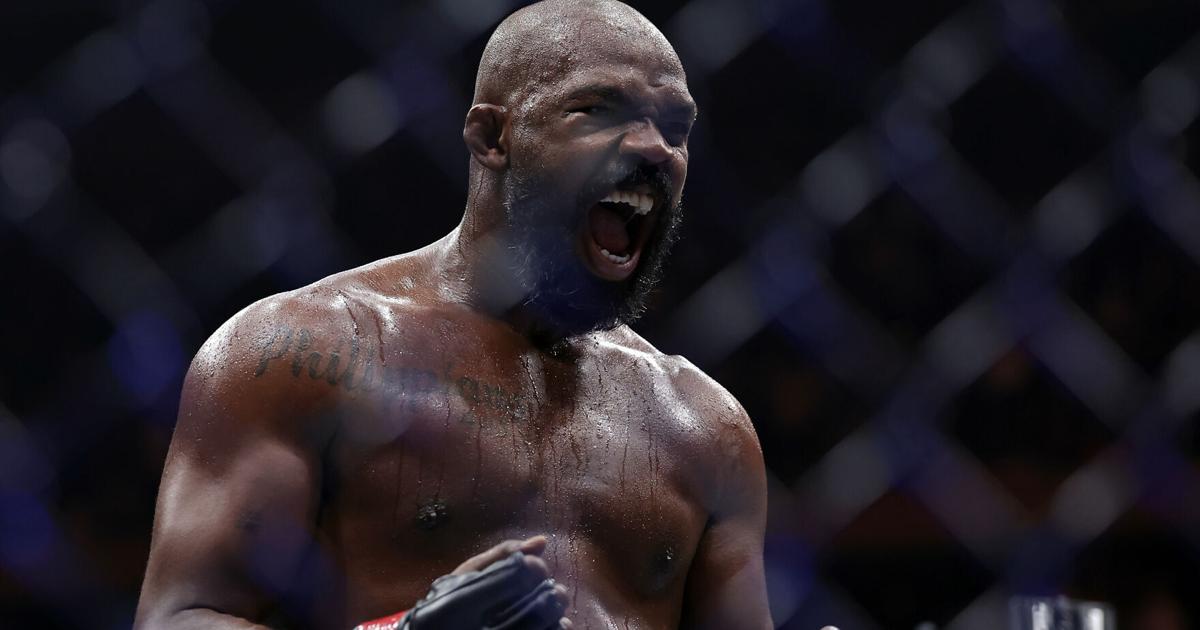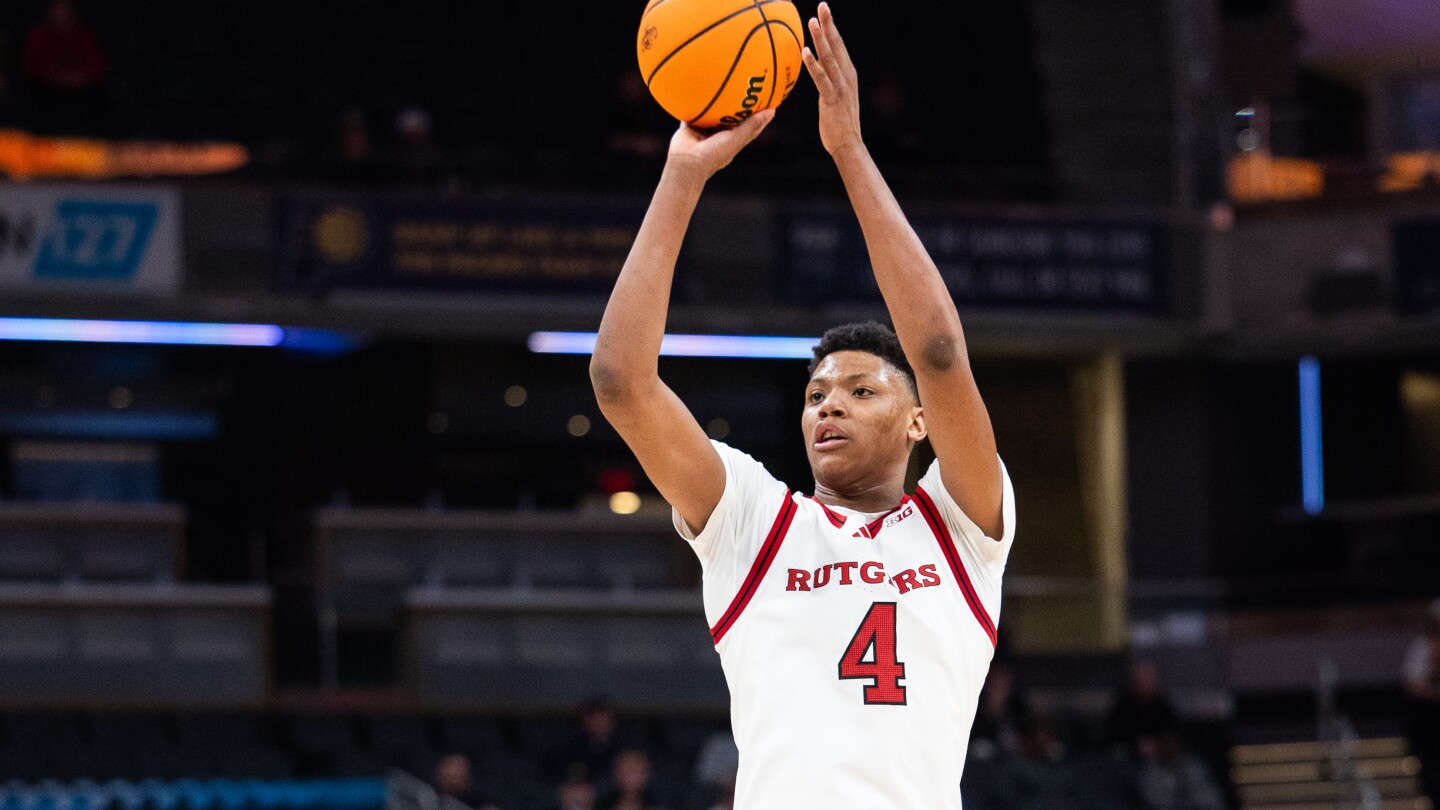Lolo Jones’ Ban from Olympic Training Center Lifted Amid Controversy

Team USA bobsledder Lolo Jones has regained access to the U.S. Olympic and Paralympic Training Center (OPTC) in Lake Placid, New York. This decision comes nearly five months after she was banned following a verbal altercation with a member of the center’s sports medicine staff. The Southern California News Group has reported that Jones was initially denied approved medical treatment, leading to the confrontation.
On July 3, an attorney for the United States Olympic & Paralympic Committee (USOPC) informed Jones that she would be allowed access to various facilities at the OPTC for a USA Bobsled and Skeleton high-performance camp starting July 24, pending a request from USABS. This information was revealed through USOPC documents obtained by SCNG.
Background of the Controversy
The controversy began on February 28, when Jones was denied medical treatment, a decision that USOPC officials later acknowledged as incorrect. Despite this acknowledgment, Jones faced a suspension that barred her from essential training facilities, creating significant obstacles in her preparation for what she hopes will be her fourth Olympic Games in Milan-Cortina.
According to interviews and documents reviewed by SCNG, the USOPC did not conduct interviews with eyewitnesses to the incident. Other Olympians and Team USA members have described the suspension as excessive and retaliatory, raising concerns about the medical care provided to athletes at the Lake Placid center.
Legal and Medical Implications
John Manly, Jones’ attorney, criticized the USOPC’s handling of the situation, highlighting systemic issues within the organization’s medical system. He pointed out that the suspension decision came from the top levels of the USOPC, including CEO Sarah Hirschland. Manly also criticized USOPC board member Dr. Vivek H. Murthy for not taking an active role in addressing these issues.
“This case is a glaring example of the need for a complete overhaul of the USOPC’s medical system,” said John Manly.
Jones has incurred approximately $100,000 in medical and training expenses due to the suspension. She has been training at LSU, where she was an NCAA hurdles champion, since being banned from the OPTC. The financial and competitive strain has been significant, with Jones stating that the suspension jeopardized her Olympic aspirations.
Details of the Incident
The incident that led to Jones’ ban occurred when she was suffering from a training-related back injury. After a scheduled treatment was canceled without explanation, Jones confronted John Faltus, a top official at the USOPC Medical Clinic, leading to a heated exchange. Jones admitted to swearing at Faltus during the confrontation.
Faltus alleged that Jones made an obscene gesture, which she denies. The USOPC cited this behavior as a violation of the OPTC Code of Conduct, although no specific rule was referenced in the communication to Jones.
“If we banned every Olympic athlete that dropped an F-bomb, we’d be in big trouble,” Manly remarked.
Future Outlook and Reactions
Despite the lifting of her ban, Jones and her supporters continue to question the USOPC’s commitment to athlete welfare. The case has sparked broader discussions about the adequacy of medical support for athletes and the transparency of disciplinary actions within the Olympic committee.
Jones’ return to the OPTC is set to begin on July 24, with Ben Towne, an OPTC trainer, designated as her point of contact. The decision to allow her back into the training center comes at a crucial time as she prepares for the upcoming Winter Olympics.
The controversy surrounding Jones’ suspension has highlighted potential systemic issues within the USOPC’s medical system, prompting calls for reform. As Jones resumes her training, the focus will be on how the organization addresses these concerns and ensures the well-being of its athletes moving forward.






